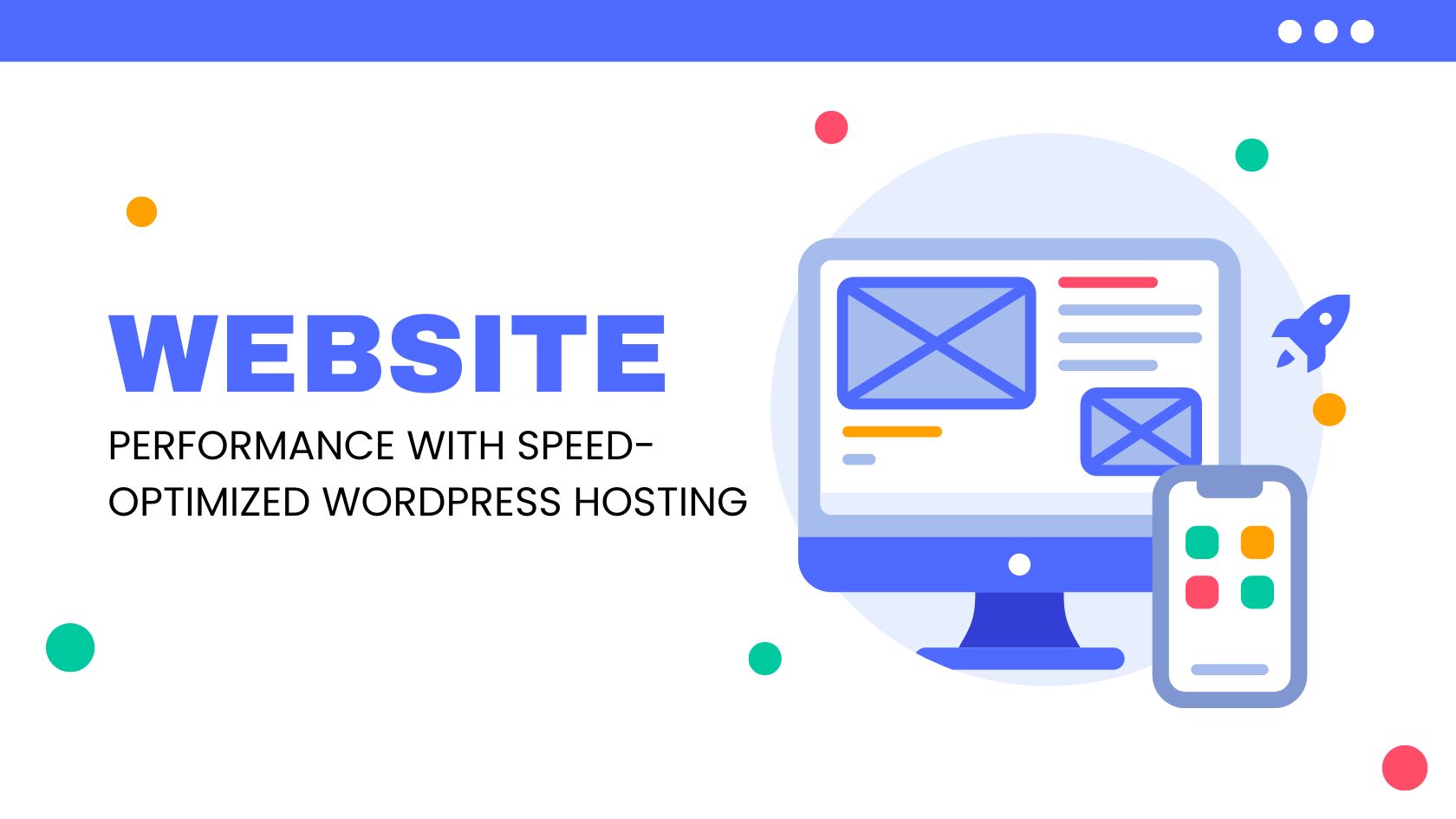Tools for E-Commerce Success
Page Contents
As small e-commerce shops mature and establish themselves as viable ongoing businesses, many are experiencing the growing pains that afflict any new successful business. For companies that make their money selling online, efficiency can be the difference between getting by and thriving.
Achieving that efficiency means your business process must eliminate redundancy, ensure accuracy and remove barriers between you and your customers.
As is the case with many e-tailers, you may be at a point where you must decide whether it's time to move to a second-generation e-commerce system. Of course, outgrowing your current e-commerce storefront and back-office applications is a good problem to have, but it is an issue that you need to address both strategically and tactically to ensure a smooth transition.
For Toolfetch, that time came about a year ago. The New York-based construction equipment supplier was using a variety of systems to run its business. For example, it was using the open source Interchange e-commerce server, QuickBooks for accounting, ACT for contact management and Urchin (now offered as Google Analytics) for Web analytics.
Certainly not a bad collection of products. However, while the products are strong point offerings, there was no way to streamline the process so that e-commerce transactions flowed into the accounting system or became part of a customer's record. Instead, the lack of integration resulted in redundant steps, mistakes and missed opportunities.
Managing separate systems meant that not only did the company have to manage its own in-house Web server and e-commerce platform, it had to re-enter information into the accounting system. When a customer placed an order, someone at Toolfetch needed to pull out the data, type it into QuickBooks create the purchase order, according to Andrew Brown, co-founder and CEO of Toolfetch.
The process was labor-intensive and also introduced the possibility of errors. And while ACT is certainly a best-of-breed contact manager, it hardly provided the sales people with the business intelligence Toolfetch needed to grow.
Brown said the company knew it needed to consolidate its operation. “We looked at a lot of different systems. We wanted something all-in-one — CRM, ERP, e-commerce, accounting.” He said he was close to deciding to move a custom platform when he came across NetSuite — a Web-based application suite that offered the elements Toolfetch needed.
Take My Web Site, Please
Giving up any element of control is difficult for any business, but Brown knew it was time for a change. “At this point, it's more convenient to outsource.” In addition to the all-in-one nature of NetSuite's application suite, the Interchange server required two dedicated employees. “We had a couple people devoted to maintaining [Interchange].” By moving to a hosted service, the company was able to both reduce headcount and better ensure reliability, Brown said. “They say 99.9 uptime. Before if something went down, we might have to bring someone in. Now Netsuite handles it.”
At a time when some businesses were still a reluctant to turn over their operation to an application provider's data center, Brown had no qualms. “We've been doing this for a while and we're comfortable with the way the Web works,” he said.
One thing Toolfetch.com wasn't comfortable with, though, was the design tools that NetSuite provides. To create the site's new look and feel, the company decided to bring contract Web design services. “Netsuite was too limited, so we had to outsource.”
 |
| Toolfetch before its current redesign and move to NetSuite. |
But that seems to be one of the only issues Brown had with NetSuite. “It's lightning fast and well-supported.” The applications are easy to use and understand, Brown said, “but you do need training.” He added that the training did take some time, but, he said, NetSuite helped Toolfetch get set up and provided a dedicated contact person in early in the process, so everything is done and tested before you go live.
QuickBooks Conversion
The thought of losing financial information is enough to make any small business owner decide to stick with the status quo faster than you can say bankrupt, so getting accounting data into NetSuite was, naturally, a concern. “We were using QuickBooks, but NetSuite has a process to import the data. We sent them our Quickbooks files and they did some tweaking. But it was all built into the fee.”
Once the QuickBooks data was safely in NetSuite, Toolfetch was able to take advantage of the integration it sought. Brown said that now he can generate a purchase order from a sales order, print checks, do payroll. “It does everything you can do with QuickBooks.”
The company also now has better visibility into its customers, which include businesses and government agencies — not people buying one power saw at a time. Providing ongoing support is a key to growth, and, Brown said, this is an area where NetSuite goes far beyond what it could achieve with ACT. For example, Brown said, “you can e-mail a customer directly from NetSuite and it becomes part of that customer's record so everyone can see the history.”
 |
| Toolfetch after its redesign and move to NetSuite. |
Brown said NetSuite's Dashboard view allows him to keeps tabs on customers and the business in general. “I can see tasks, calendars, sales for the month … and it's easy to set and customize [the dashboard]. It's all drag and drop.”
But What Will Google Think?
One thing any business needs to keep in mind when converting to a new e-commerce system is that your link structure will most likely change. That can cause problems ranging from broken links to issues with rankings in Google and other search engines.
“To resolve broken links from our old site, we had those links redirect to our new homepage instead of going to broken not-found pages, which helped save sales and customers,” Brown said.
But what solved one problem can potentially create another. Google rankings are a complex and mysterious science, and one that can be further complicated when you suddenly have large amounts of redirects in place. Often a site will be penalized by Google, which gets suspicious when established urls suddenly redirect en masse to other pages.
Brown said that Toolfetch did experience some ill effects. “Over the past couple of months, since our new Web site release, our [Google] rankings fluctuated due to the new linking structure, he said. However, he said, last week Google released its new rankings and he was pleased with the result. “We take SEO very seriously and we were careful in implementing our SEO work in our new site.” Brown said.
Overall, when it comes search engines, Toolfetch has a two-prong strategy. Brown said he outsources paid the search engine marketing to a specialist, but handles organic search optimization (i.e., keywords, meta tags and so on) in house.
More Sales for Less
As is the case with most small businesses, Brown said, Toolfetch expects immediate results from the annual per-user fee it now pays to NetSuite (currently, seven employees are using NetSuite but, Brown, said eventually, they will have all 10 on the application suite). “We wanted to see a return on the investment,” he said. And Toolfetch has.
“We've already seen an increase in the number of people on the site and we're 10 times more organized.”
Dan Muse is executive editor of internet.com's Small Business Channel, EarthWeb's Networking Channel and ServerWatch.

Dan Muse is a journalist and digital content specialist. He was a leader of content teams, covering topics of interest to business leaders as well as technology decision makers. He also wrote and edited articles on a wide variety of subjects. He was the editor in Chief of CIO.com (IDG Brands) and the CIO Digital Magazine. HeI worked alongside organizations like Drexel University and Deloitte. Specialties: Content Strategy, SEO, Analytics and Editing and Writing. Brand Positioning, Content Management Systems. Technology Journalism. Audience development, Executive Leadership, Team Development.



